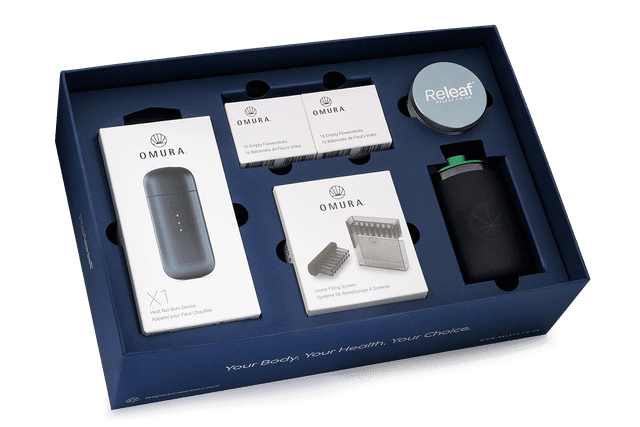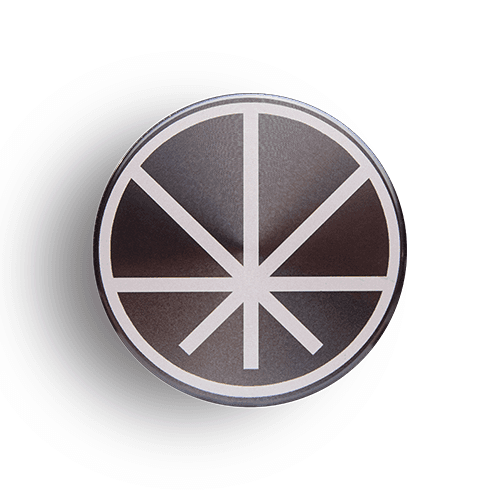Minor Cannabinoids
To date, researchers have isolated more than 110 cannabinoids from the cannabis plant. While most people are familiar with delta-9-tetrahydrocannabinol (THC) and cannabidiol (CBD), there is a whole range of other minor cannabinoids that have been identified and studied. These include compounds such as cannabigerol (CBG), cannabinol (CBN), and tetrahydrocannabivarin (THCV).
What are cannabinoids?
Cannabinoids (phytocannabinoids) are a group of chemical compounds produced by plants in the Cannabis sativa L. genus. They are named as such because they can interact with the body's endocannabinoid system (ECS), the largest neurotransmitter system in the body. The ECS is responsible for maintaining homeostasis, or balance, within the body and plays a role in regulating various physiological processes such as mood, pain sensation, inflammation, immune system responses, and sleep to name a few.
What are minor cannabinoids?
The term 'minor cannabinoids' refers to the lesser-known compounds found in the cannabis plant that are present in smaller amounts compared to THC and CBD. While these cannabinoids may not be as well studied or widely known, they still have potential therapeutic benefits and can work together with other cannabinoids and terpenes in what is known as the 'entourage effect.'
Which cannabinoids are classed as minor cannabinoids?
Almost all of the isolated cannabinoids from the cannabis plant, with the exception of THC and CBD, fall under the category of minor cannabinoids. Some include CBN, CBG, THCV,CBDV, and CBC.
To find out more about minor cannabinoids, click here
If you would like to learn more about medical cannabis in the UK, Releaf is here to help.



